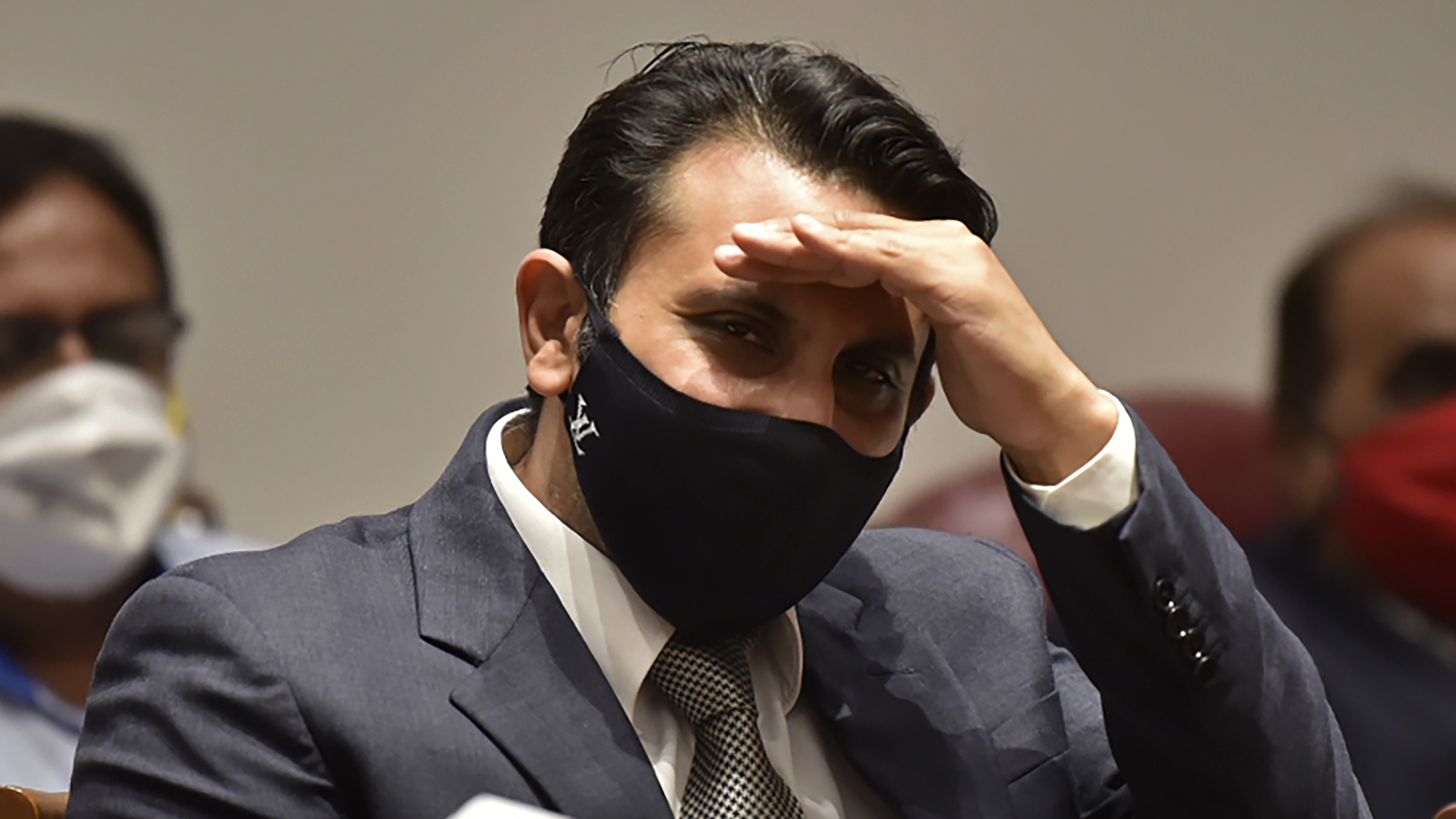Meet the ‘vaccine king of India’ on front line of Covid battle
Adar Poonawalla bet big on Oxford vaccine - but plans to keep prices low for the world’s poorest countries

A free daily email with the biggest news stories of the day – and the best features from TheWeek.com
You are now subscribed
Your newsletter sign-up was successful
As nations around the world begin the rapid rollout of Covid-19 vaccines, concerns about how the world’s poorest countries will fare have repeatedly been raised.
Forecasts suggest “that only 27% of those living in poor and medium income countries will be vaccinated this year”, The Guardian reports. And wealthy nations could also pay a high price for monopolising vaccine supplies, says The New York Times, with experts predicting that the resulting “economic devastation” may “hit affluent countries nearly as hard as those in the developing world”.
Averting that catastrophe has become a life mission for Adar Poonawalla, CEO of the Serum Institute of India, the world’s largest vaccine producer. His goal, says The Times, is to “supply Covid jabs to half the world in 12 months”.
The Week
Escape your echo chamber. Get the facts behind the news, plus analysis from multiple perspectives.

Sign up for The Week's Free Newsletters
From our morning news briefing to a weekly Good News Newsletter, get the best of The Week delivered directly to your inbox.
From our morning news briefing to a weekly Good News Newsletter, get the best of The Week delivered directly to your inbox.
Poonawalla launched his campaign five years ago, after listening to Bill Gates warn in a Ted Talk that the next global threat would be a pandemic. The Indian tycoon “immediately embarked on a dramatic expansion of his manufacturing facilities so they would be ready to go the moment a vaccine was approved”, the paper continues.
By 2020, the so-called “vaccine king of India” was making 1.5 billion doses of vaccinations against polio, tetanus, diphtheria and hepatitis B, and “roughly two-thirds of all the children on the planet” were being inoculated with Serum products.
Poonawalla upped the stakes further last April, when he bet big on the Oxford-AstraZeneca vaccine. Before the jab had even entered trials, the billionaire signed a manufacturing deal with the aim of producing “40 million doses of the vaccine by September”, the South China Morning Post reports.
Now, his factory in the Indian city of Pune, about 90 miles east of Mumbai, has set a new target of “churning out 100 million priceless doses a month”, The Times reports.
A free daily email with the biggest news stories of the day – and the best features from TheWeek.com
The factory made headlines for tragic reasons last week, when a fire broke out at a building under construction at the site, resulting in five deaths. But Poonawalla said there would be no impact on vaccine production “due to multiple production buildings that I had kept in reserve to deal with such contingencies”.
In an effort to make the jabs accessible to low- and middle-income countries, he has also vowed to keep the price of his vaccine as close to the production cost as possible.
“I could have charged $10 for a vaccine during the pandemic and taken advantage but it is just my conscience,” he told The Telegraph. “If I priced them at $10-$15, Africans and Indians and developing world countries wouldn’t get access. Maybe in one to two years I will commercially price them to make up some of the profits.”
Serum has struck deals to supply to Oxford vaccine to 67 developing countries, including India and most of Africa, in the Global Alliance for Vaccines and Immunisation, known locally as Covishield.
But his distribution ambitions are bigger still. Poonawalla wants to “supply Covid-19 vaccines to fully half the world’s 7.5 billion people in very short order”, The Times reports.
Joe Evans is the world news editor at TheWeek.co.uk. He joined the team in 2019 and held roles including deputy news editor and acting news editor before moving into his current position in early 2021. He is a regular panellist on The Week Unwrapped podcast, discussing politics and foreign affairs.
Before joining The Week, he worked as a freelance journalist covering the UK and Ireland for German newspapers and magazines. A series of features on Brexit and the Irish border got him nominated for the Hostwriter Prize in 2019. Prior to settling down in London, he lived and worked in Cambodia, where he ran communications for a non-governmental organisation and worked as a journalist covering Southeast Asia. He has a master’s degree in journalism from City, University of London, and before that studied English Literature at the University of Manchester.